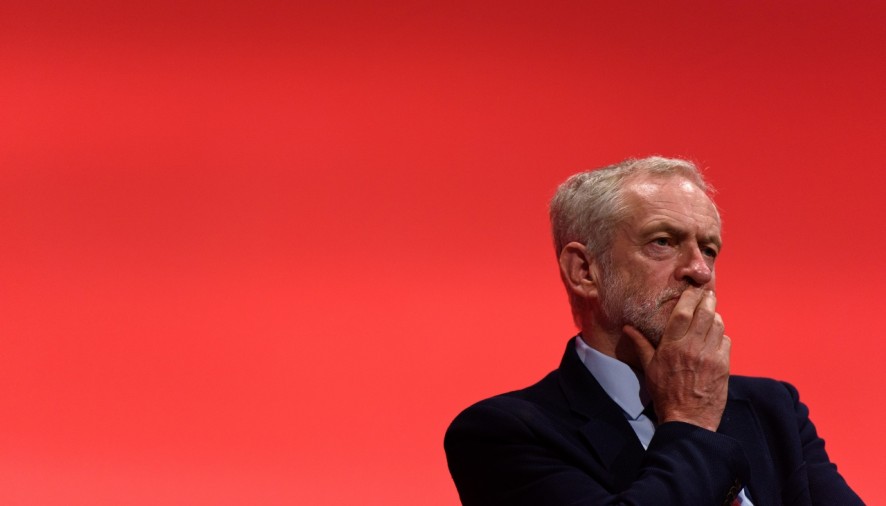One of the greatest lessons yet to be learned is that a political party, of any colour, has to be united to stand even the remotest chance of winning. Robert Webb’s and other former Labour Party members’ denouncement of Jeremy Corbyn will, I expect, cause far more harm than good.
No-one can deny that Corbyn is a divisive figure, but what is more enlightening is how this divide is manifesting itself. A recent poll showed that 66% of the party’s membership is still very much with him, despite constant rumblings from the PLP and individuals such as Simon Danczuk.
This two tier party will inevitably bring its own problems. One of the reasons for Corbyn’s victory was the quickly growing perception that he would be authentic and original in comparison to past leaders, and this, not something fully appreciated by his critics, gives him substantial traction. Discussions over coups, leadership challenges and public rejection will only fuel Corbyn’s supporters who, in most cases, are desperate to remove the stigma of the Blairite era.
The party is yet to move on from the vital debates it should have had in the leadership contest, and ironically these debates will become less likely to happen if moderates continue to flee. Instead, the more divisions they open up, the less likely they will be to inherit the party. There is no virtue in causing the party to self-destruct, especially when so many need a strong opposition and pray for a future Labour government. Snide remarks won’t gain them respect. Contrastingly, it will further vilify them in the eyes of the new generation of Labour members. Divisions will not bring the change they want.
Internal debates are healthy but backstabbing comments are counterproductive – the moderates must engage to have any chance of redeeming their position and saving the party from self-inflicted destruction. The more they incite the membership resenting them, the less likely they will be to gain their trust. The more that former members denounce the party and back the Government, the more likely they will be blamed for any election losses that may happen and thus further weaken their position. Corbyn also must help nullify this tension and become much more tactful in his dealings in order to bridge these destructive divides.
For the party to move forward, it has to accept that it is a disparate coalition of interests, because all factions need each other in unity to have any chance of winning. Neither side has a monopoly on intelligence or has done everything right in the past, but they have to realise that their relative harmony is paramount to the party’s future. There is no virtue in division, only chaos, and all must realise this and find a way to move forward together, rather than holding each other back.
Luke Maunsell
[Image: Getty]

